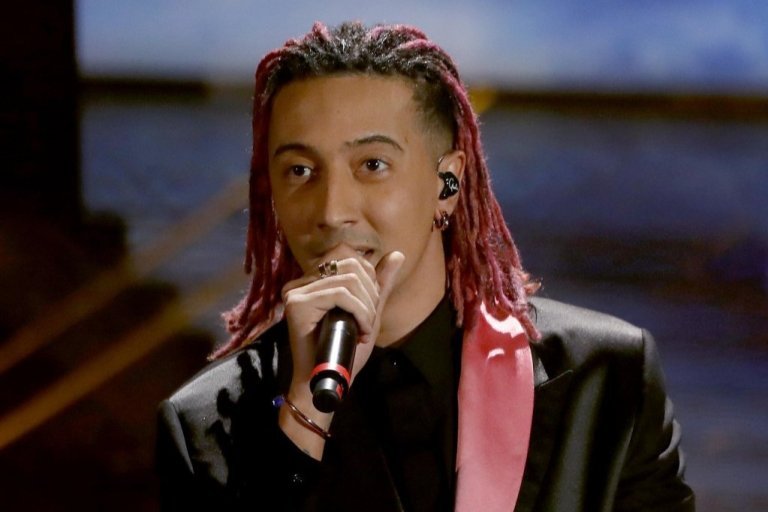Italy’s Sanremo Italian song festival, renowned as the country’s premier showbiz event, faced criticism from Israel following a controversial statement made by a rapper during the contest’s final.
Alon Bar, Israel’s ambassador to Italy, expressed disapproval of the festival, which garners millions of TV viewers and determines Italy’s representative for the Eurovision song contest.
He accused the event of being exploited to “spread hatred and provocation in a superficial, irresponsible way” after rapper Ghali appealed to “stop genocide” during his stage performance.
Despite the festival’s widespread popularity, the incident sparked debate and raised questions about the appropriate platform for political statements within entertainment events.
“In the October 7 massacre, among the 1,200 victims were over 360 young people slaughtered and raped during the Nova music festival,” Bar posted to social media. “Another 40 of them were kidnapped and are still in the hands of the terrorists. The Sanremo festival could have expressed solidarity with them. It is a shame this didn’t happen.”
Noemi Di Segni, president of the Union of Italian Jewish Communities, expressed disappointment that the platform wasn’t used to appeal for the release of the hostages, stating, “They too have the right to their music and to return to their homes.”
Amid the controversy, Roberto Sergio, CEO of the state-owned broadcaster Rai, which airs the festival, expressed solidarity “with the people of Israel and the Jewish community.” He affirmed that the network’s programs regularly cover the plight of the hostages held by Hamas and would continue to do so, while also commemorating the October 7 “massacre.”
In response to Alon Bar’s criticism, Ghali, whose parents immigrated to Italy from Tunisia, stated on the Rai talk show Domenica In: “I have always spoken about these issues, since I was a child, not since October 7 … the fact that the ambassador speaks like this is not good. The policy of terror continues, people are afraid to say stop the war, stop the genocide, we are living in a moment in which people feel that they are losing something if they say long live peace.”
Noemi Di Segni, president of the Union of Italian Jewish Communities, expressed disappointment that the platform wasn’t used to appeal for the release of the hostages, stating, “They too have the right to their music and to return to their homes.”
Amid the controversy, Roberto Sergio, CEO of the state-owned broadcaster Rai, which airs the festival, expressed solidarity “with the people of Israel and the Jewish community.” He affirmed that the network’s programs regularly cover the plight of the hostages held by Hamas and would continue to do so, while also commemorating the October 7 “massacre.”
In response to Alon Bar’s criticism, Ghali, whose parents immigrated to Italy from Tunisia, stated on the Rai talk show Domenica In: “I have always spoken about these issues, since I was a child, not since October 7 … the fact that the ambassador speaks like this is not good. The policy of terror continues, people are afraid to say stop the war, stop the genocide, we are living in a moment in which people feel that they are losing something if they say long live peace.”
Other performers at the event spoke out against war. Singer Eros Ramazzotti urged for an end to bloodshed and conflicts, while rapper and singer Dargen D’Amico highlighted the plight of children living under bombardment, emphasizing that our silence makes us partly responsible.

